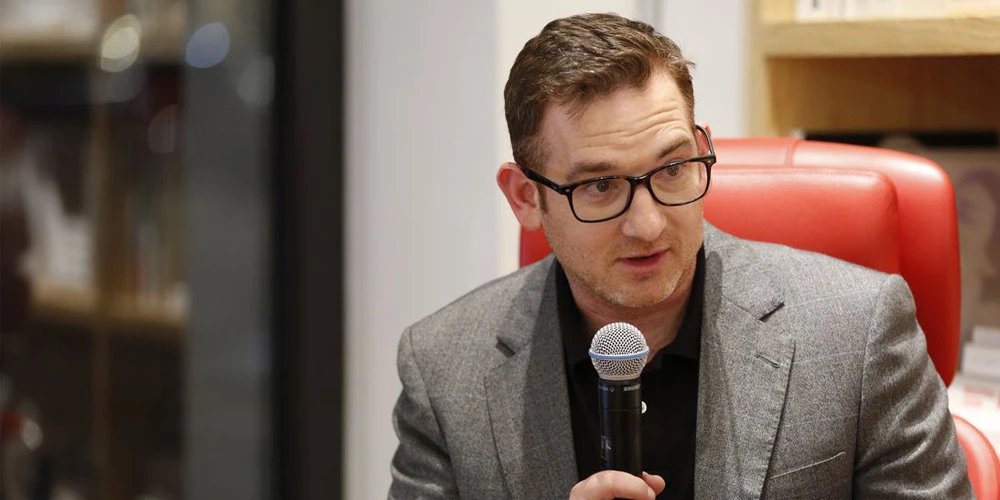The internet has given everybody new ways to discover things, learn from others, and make money from the economy.
But with the fact that most of the web is conquered by the likes of Google and Facebook, people just don't realize that pretty much everything they do online is being tracked. That according to DuckDuckGo CEO Gabriel Weinberg.
But still he is confident that once these people learn about how much companies like Google and Facebook are quietly feeding on their private data, they will demand a change.
According to Weinberg in an episode of Recode Decode:
"And then when you go to, now, a website that has advertising from one of these networks, there’s a real-time bidding against you, as a person. There’s an auction to sell you an ad based on all this creepy information you didn’t even realize people captured."

"Google and Facebook are the largest purveyors of these trackers," he said.
Weinberg is the founder of DuckDuckGo, a search engine with privacy in mind, and here he proposed a small, simple tweak to the regulations that might help: Make not being tracked by those services the default, rather than something people have to opt into.
"The fact that consumers have already adopted it and it’s in the browser is just an amazing legislative opportunity, just give it teeth," he said.
"It’s actually a better mechanism for privacy laws because once you have this setting and it works, you don’t have to deal with all the popups anymore. You just set it once, and then sites can’t track you."
Weinberg with DuckDuckGo as the competitor of Google, he often spoke harshly about the company.
But when he does that, did it for reasons reasonable.
While people may argue that they have nothing to hide. But still, nobody should be cocooned inside an invisible shield that blinds them from the ground truth.
"On the harm side, there are some that people don’t realize. A lot of people really don’t like the creepy ads following them around. Some people seem to be fine with that. At a deeper level, there’s this thing called the filter bubble, which is that recommendation algorithms, and in particular, search results, are tailored to you, and that means that you’re not seeing what everyone else is seeing, and that actually distorts the democracy. That’s a real harm to individual people and society."
This is why privacy settings like the 'Do Not Track' should be the default settings on the web.
"I would love it to be opt in by default, but in a realistic way, I think if it was operationalized as a way to opt out, I think that would be effective because, ... the other argument is some people don’t care, and that gives people, really, the choice."
